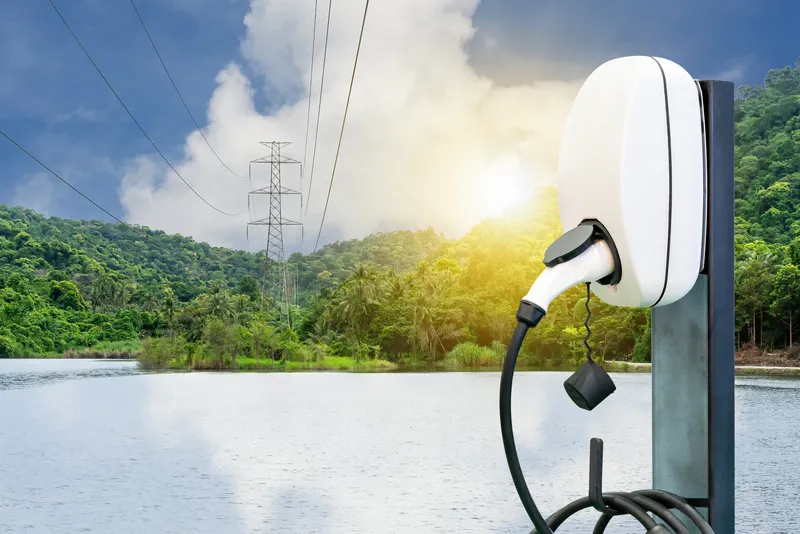Total transportation expenditures in 2016 corresponded to 15.8% of all personal expenditures, down from 18.9% in 1989. Meanwhile, analogous trends were present for the lowest and highest quintiles of income, according to a new report by the
The report is based on data from the Consumer Expenditure Survey and performed by the Census Bureau for the Bureau of Labour Statistics. It compared expenditures for all households as well as those at two extremes of income in 1989 and 2016.
Other findings include a higher relative expenditure for gasoline and motor oil for the lowest quintile of income than for the highest quintile of income. Secondly, transportation accounted for the second largest budget category in both 2016 and 1989. Meanwhile, transportation expenditures relative to the expenditures for housing and food decreased. In addition, transportation expenditures for the lowest quintile of income were lower than food expenditures in both years, contrasting transportation expenditures for the highest quintile of income were higher than food expenditures in both years. Finally, transportation expenditure adjusted for inflation decreased by 11.3% from 1989 to 2016.
University uncovers personal expenditure of American on transportation comparison
Total transportation expenditures in 2016 corresponded to 15.8% of all personal expenditures, down from 18.9% in 1989. Meanwhile, analogous trends were present for the lowest and highest quintiles of income, according to a new report by the University of Michigan’s Transportation Research Institute. The report is based on data from the Consumer Expenditure Survey and performed by the Census Bureau for the Bureau of Labour Statistics.
October 3, 2017
Read time: 2 mins









